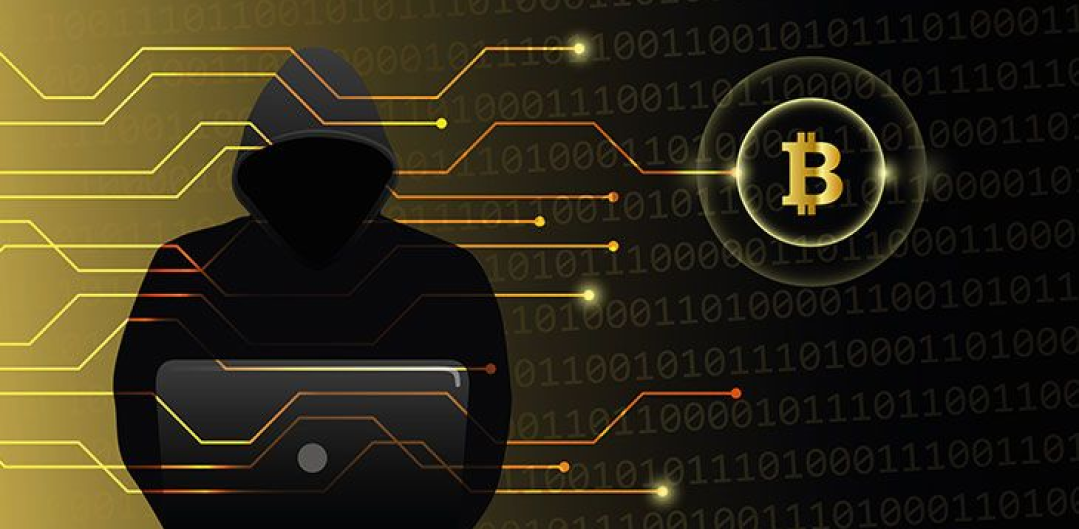
Cryptocurrency is a type of digital currency that generally exists only electronically. You usually use your phone, computer, or a cryptocurrency ATM to buy cryptocurrency. Bitcoin and Ether are well-known cryptocurrencies, but there are many different cryptocurrencies, and new ones keep being created. People use cryptocurrency for many reasons — quick payments, to avoid transaction fees that traditional banks charge, or because it offers some anonymity. Others hold cryptocurrency as an investment, hoping the value goes up. You can buy cryptocurrency through an exchange, an app, a website, or a cryptocurrency ATM. Some people earn cryptocurrency through a complex process called “mining,” which requires advanced computer equipment to solve highly complicated math puzzles.



